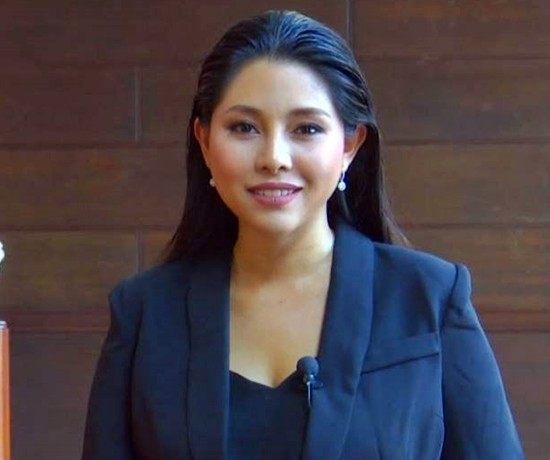
BANGKOK (AP) — A court in Thailand on Tuesday sentenced a reporter to two years in prison for criminal libel for a comment she tweeted about a labor abuse grievance at a poultry farm.
The case against SuchaneeCloitre, then working for Voice TV, is one of 20 lawsuits launched by Thammakaset Co. against 25 workers, activists and journalists.
Critics such as Human Rights Watch say these types of libel cases are meant to deter lawsuits filed in the public interest, such as by labor activists and environmentalists. They decry criminal libel laws as especially open to abuse. So-called “strategic litigation against public participation” lawsuits are meant to intimidate, since they often pit corporations with strong financial and legal resources against individuals and groups operating on shoestring budgets.
The Lopburi provincial court in central Thailand freed Suchanee on 75,000 baht ($2,490) bail after sentencing her. She will appeal the verdict, said her lawyer, WarapornUthairangsee.
“I am so shocked. I never thought that it would be such a very harsh verdict,” Suchanee, who now works for a Thai television station, told The Associated Press. “I was doing my duty as a journalist in reporting what has happened, I didn’t intend to harm anyone.”
“I think the verdict will have an effect on Thai media. They have to be much more careful when reporting any story,” she said.
The case began in 2016, when workers at the Thammakaset farm filed a complaint to the National Human Rights Commission of Thailand. It charged that they had been forced to work up to 20 hours per day without a day off for 40 or more days in a row. It also charged that they had been paid less than the minimum wage, were provided with no overtime compensation, and had their freedom of movement restricted and their identity documents confiscated.
Thammakaset sued the workers for defamation, alleging that their complaint had damaged the interests of the company, which was a supplier of poultry to Thai agribusiness giant Betagro. It later sued two workers and a labor activist for theft for taking their time cards to document their allegations of labor law violations. Thammakaset lost both cases.
In August 2016, Thailand’s Department of Labor Protection and Welfare ordered Thammakaset to pay the workers a total of 1.7 million baht ($56,000) in compensation and damages, though the money was handed over only this year.
Suchanee tweeted about that decision, saying the court had ordered compensation in a case involving slave labor.
Reports of the labor protection department’s ruling and its aftermath triggered the flurry of lawsuits by Thammakaset.
The latest lawsuit was launched by Thammakaset in October, when it charged AngkhanaNeelapaijit, a Magsaysay Award winner and former Thailand Human Rights Commissioner, with criminal defamation. It claimed that she defamed the company with two posts on Twitter offering support for other human rights defenders facing lawsuits by the company.
If found guilty, Angkhana could face up to three years in prison. A Bangkok court has scheduled a mediation session for the case in February.




